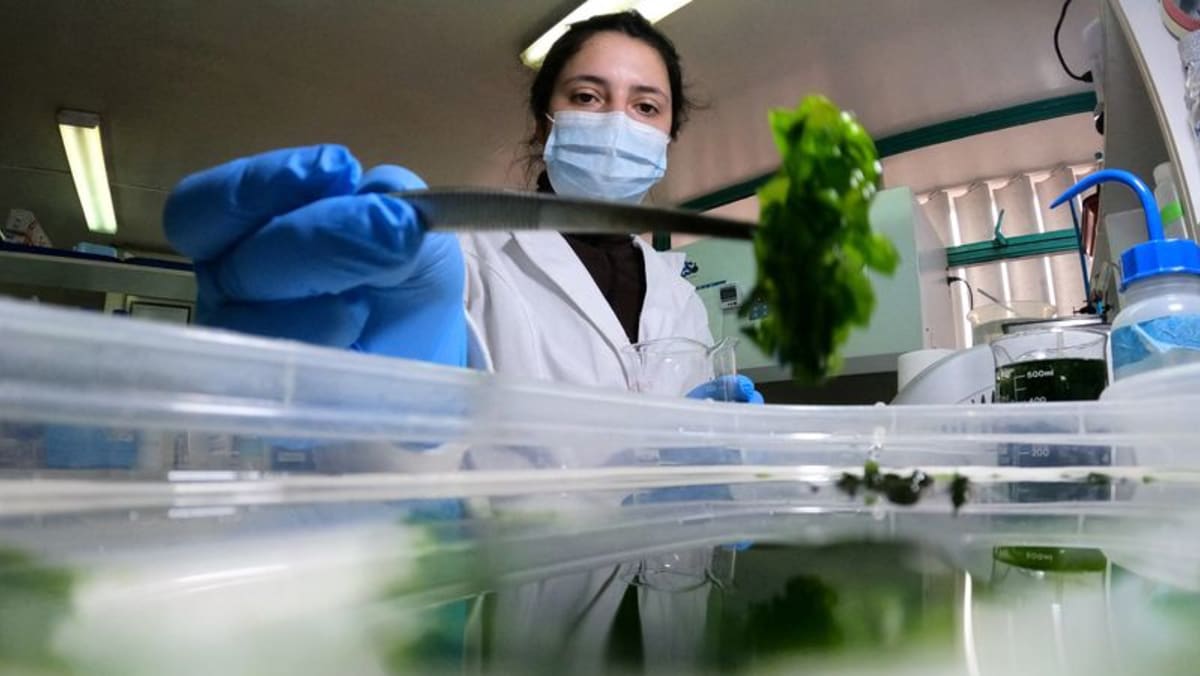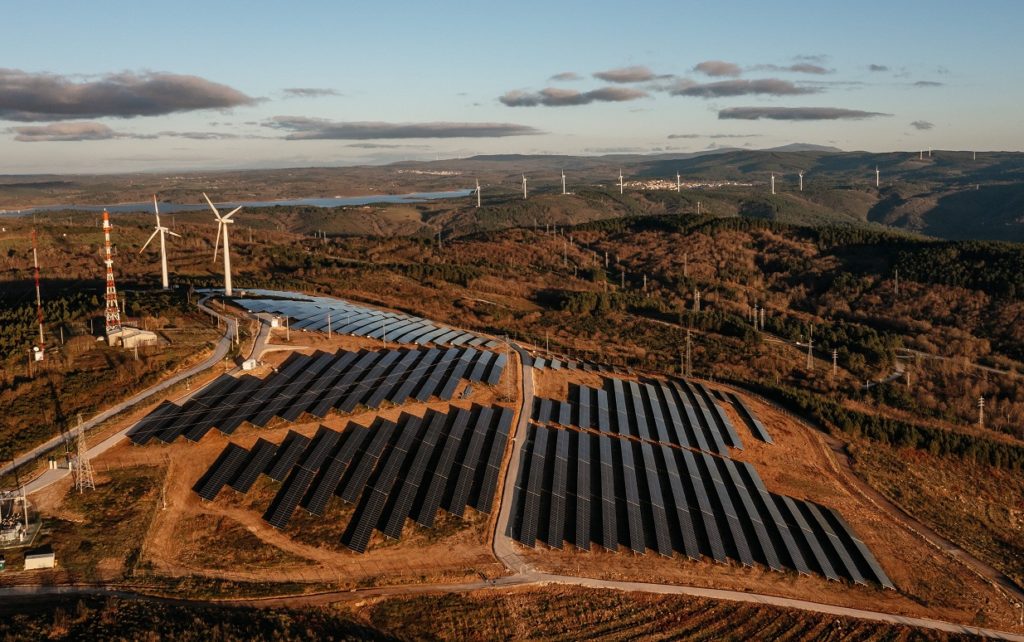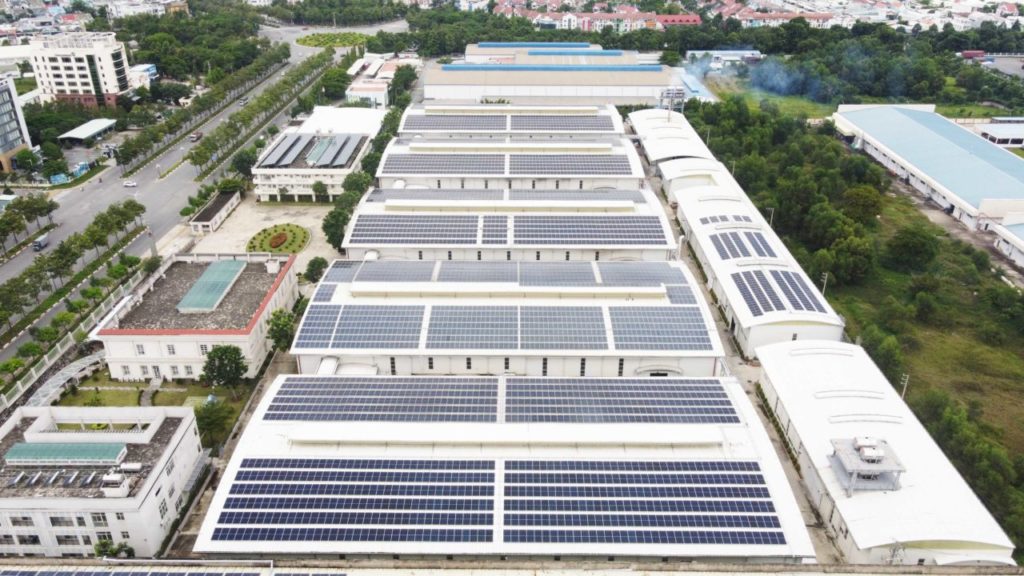In a groundbreaking effort to explore renewable energy sources, scientists at the University of Santiago, Chile, are developing a method to generate electricity using seaweed. This project, focused on the field of biophotovoltaics, seeks to transform the green algae that thrive in Chile’s waters into a sustainable power source.
The Science Behind Algae Power
Biophotovoltaics involves using photosynthetic organisms, such as algae, to convert light into electrical energy. The researchers are experimenting with macroalgae—multicellular organisms that are more robust and easier to handle compared to the single-celled microalgae used in previous studies. These algae are spread onto electrodes on specially designed biophotovoltaic panels, akin to solar panels, where they harness light to oxidize water, releasing electrons in the process.
Federico Tasca, the project leader, explains, “Algae use light to oxidize water, and in the process, they release electrons.” These electrons are captured in electric circuits, generating electricity. Additionally, the process produces oxygen as a byproduct, contributing to environmental benefits.
Challenges and Potential of Seaweed Power
While the concept of using seaweed to generate electricity is promising, it is still in the early stages of development. Tasca acknowledges that the current energy efficiency of this method is low, but the ongoing research aims to improve this. Despite the challenges, the potential applications of this technology are intriguing. For instance, seaweed power could be used to power small devices such as light bulbs or LEDs in situations where other renewable energy sources are not viable.
Unveiling the Untapped Potential of Algae
Alejandra Moenne, who leads the marine biology department at the University of Santiago, emphasizes that algae hold vast untapped potential. “Algae are like a treasure chest buried at sea,” she says, noting that these organisms are rich in genes and molecules that could have numerous applications, including in medicine.
The research at the University of Santiago not only seeks to improve the efficiency of algae as a power source but also aims to uncover the broader potential of these versatile organisms. As the world continues to search for sustainable energy alternatives, seaweed may soon play a vital role in the renewable energy landscape.
Source: channelnewsasia.com





